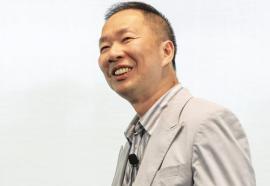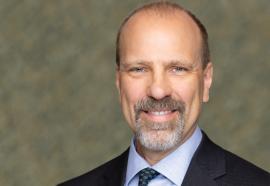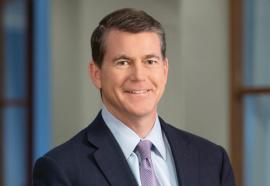PUF Chats: Joe Purington
AVANGRID
“We’re fortunate being a global company on the supply chain side. Being part of the Iberdrola family in AVANGRID, it speeds up our wait time to 2 to 3 years. Where we had impacts from COVID in the U.S. on distribution transformers, we were able to take manufacturing slots from Brazil.”











